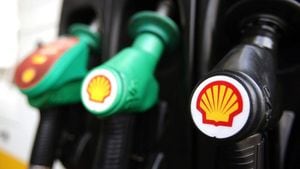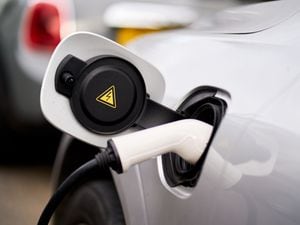Demonisation of diesel means discounts are more than 25 per cent higher than petrol
Analysis by What Car? showed there are big discounts available for diesels caused by ‘perfect storm’

The average discount available on diesel models is 25.6 per cent higher than for petrol cars, new data suggests.
Analysis of the What Car? new car buying marketplace showed that dealers were offering large discounts for diesels, which the consumer magazine blamed on the government’s portrayal of the fuel.
Claire Evans, consumer editor at What Car?, said: “The dramatic rise in discounts is a direct response to a slump in demand caused by the government’s demonisation of diesels and a lack of understanding from consumers of the new cleaner ‘Euro 6’ diesels now available. It’s a perfect storm.”
Perhaps unsurprisingly, the biggest savings on diesel were for Volkswagen models – the manufacturer kicked off the fuel debate after it was caught cheating emissions testing software in 2015.
The top three percentage discounts recorded by What Car? were for the 2.0-litre Jetta, 1.6-litre Golf SV and 1.6-litre Passat, which were offered with 25.2 per cent, 24.1 per cent and 23.2 per cent off respectively.
The news comes ahead of Wednesday’s Budget, when it is expected that Chancellor of the Exchequer Philip Hammond will announce an increase on the amount of fuel duty paid on diesel at the pumps.
However, research by recovery service the RAC suggests that it will have a limited effect on reducing harmful emissions, as 80 per cent of motorists will not drive their existing diesel any less.
In a survey of 2,000 motorists, 55 per cent disagreed with raising tax on diesel, rising to 84 per cent among diesel owners.
RAC spokesman Simon Williams said: “Putting up duty on diesel is not going to stop the country’s 12 million diesel motorists driving any less and ease the air quality problem associated with nitrogen dioxide emissions from the fuel.
“While the government may think it will further deter people from choosing a diesel as their next vehicle, in the meantime it would unfairly punish existing diesel owners for responding to incentives introduced by a previous government designed to limit carbon dioxide emissions.”





